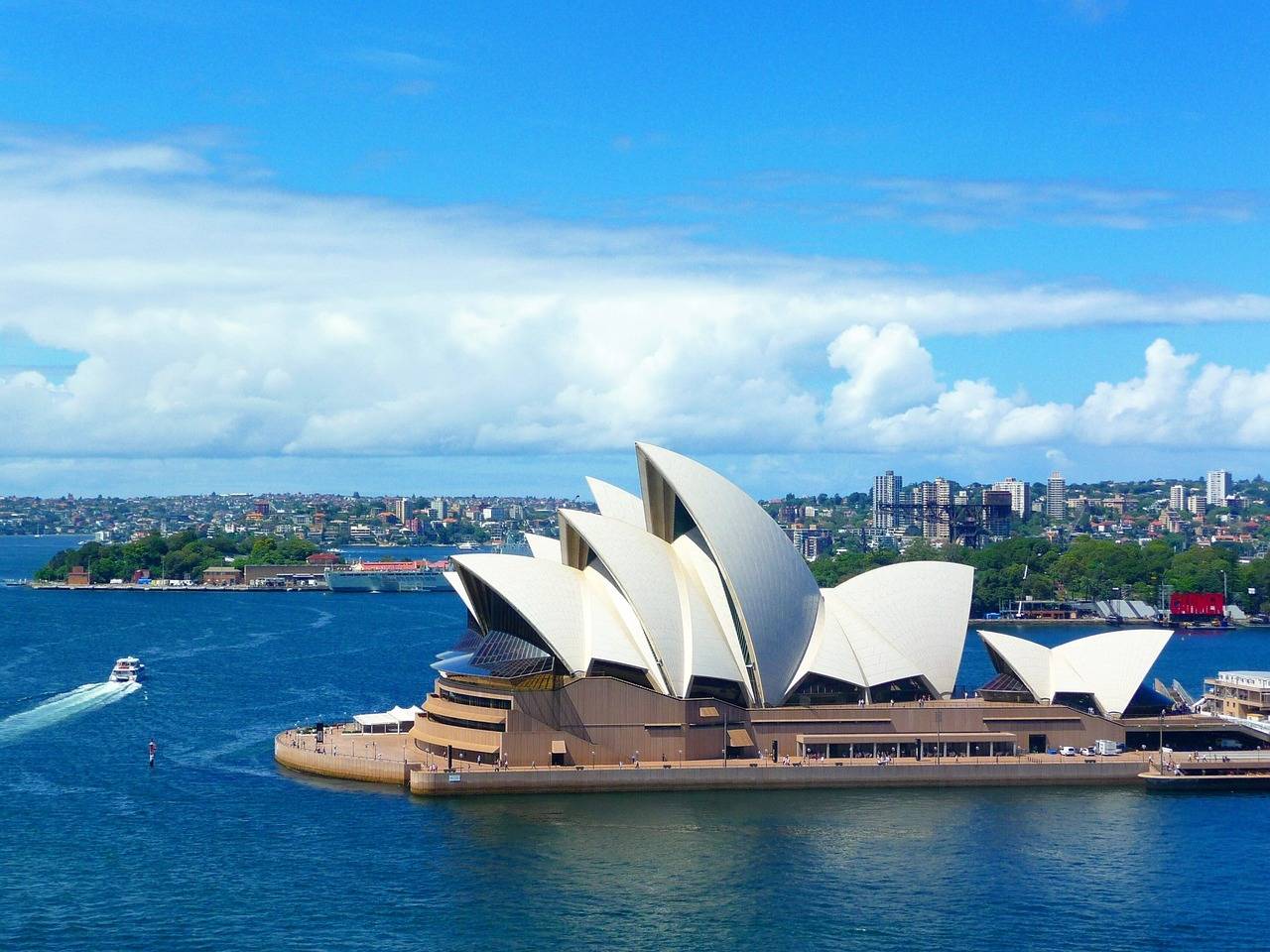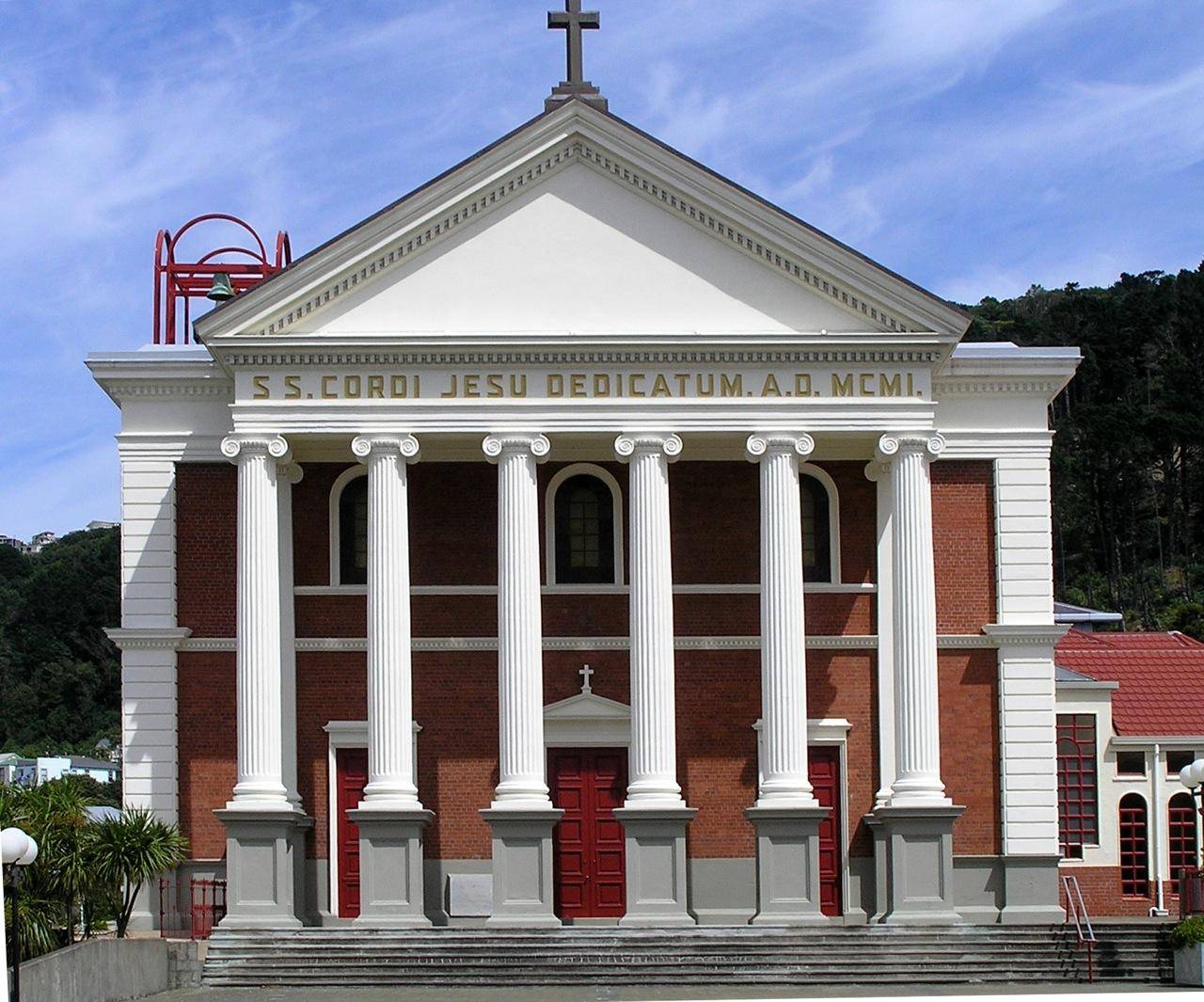Voters rejecting a referendum to give greater political rights to Indigenous people in Australia “doesn’t mean we accept the status quo”, according to Bishop Charles Gauci.
All six Australian states voted no to a proposal to amend the constitution to give First Nations people an advisory body for the government. The final vote on “The Voice” was 60 percent against the plan.
There are just under a million Indigenous Australians in the country, and many suffer from health, education and opportunity disparities in the nation of nearly 27 million people.
Prime Minister Anthony Albanese said Australia’s “moment of disagreement” would not define or divide the country.
“We are not Yes voters or No voters, we are all Australians. And it is as Australians together, that we must take our country beyond this debate, without forgetting why we had it in the first place. Too often in the life of our nation, the disadvantage confronting Aboriginal and Torres Strait Islander people has been relegated to the margins, this referendum and my government has put it right at the center,” he said.
In a Oct. 15 statement, Cauci – who serves as chair of the Bishops Commission for Relations with Aboriginal and Torres Strait Islander Peoples – said many Australians “will be glad” to see the campaign has come to an end.
“For our nation, though, this should be seen as a time for a new beginning,” the bishop said.
“As the people of Australia receive the news of the referendum, may we recognize and take up the challenge to create opportunities but also seek outcomes that will see inequalities in our country narrowed, a path to reconciliation pursued and a more prosperous nation emerge,” he added.
Gauci said that as he travels through Australia’s Northern Territory and beyond, he meets people from all walks of life who recognize that Aboriginal and Torres Strait Islander peoples struggle with poor outcomes in health, education, employment and other areas.
“A majority of Australians did not see the Voice as the way to address those disparities. But that doesn’t mean we shouldn’t do something. It doesn’t mean we accept the status quo,” he said.
He said that since the 1840s, Catholic leaders have spoken up about the inhumane way Aboriginal and Torres Strait Islander peoples were treated, “given similar consideration as livestock.”
“While our Church’s history is not without blemish, the Church has been a driver of positive change. We have done that through education, through health and aged care, in social welfare and in the life of our parishes – where First Nations Catholics are growing in number. Our challenge is to do more,” Gauci said.
The bishop said at this moment in history, it is time for the Church and its ministries to redouble their efforts to close the gap between the First Nations people and the rest of the population – “not as a slogan, but as a commitment.”
“That can only be done by, in the words of our recent Social Justice Statement, listening to, learning from and loving our Aboriginal and Torres Strait Islander brothers and sisters,” he said.
Archbishop Anthony Fisher of Sydney – currently in Rome for the Synod on Synodality – said Australians must “avoid the temptations of both triumphalism and defeatism” after the vote.
“My sincere hope is that the defeat of this particular proposal—a constitutionally enshrined voice to parliament—is not understood as a rejection of the ongoing process of reconciliation with Aboriginal and Torres Strait Islander people,” the archbishop said.
“Whatever your vote, we must avoid the temptations of both triumphalism and defeatism and recognize that the task of ensuring better outcomes for Indigenous people can only be advanced if we come together as Australians in genuine charity and recommit ourselves to closing the gap of disadvantage that Indigenous Australians face,” Fisher continued.
“The obligation on us all, and particularly Catholics informed by the Gospel and the social teaching of the Church, is to affirm and uphold the dignity of every human person; to seek unity and reconciliation in circumstances where division and conflict are present; and to work together for the flourishing of all people regardless of race, belief or background,” he added.
After the defeat, Australia’s Indigenous leaders called for a week of silence and reflection.
“Much will be asked of the role of racism and prejudice against Indigenous people in this result. The only thing we ask is that each and every Australian who voted in this election reflect hard on this question,” the leaders said in the statement.















